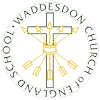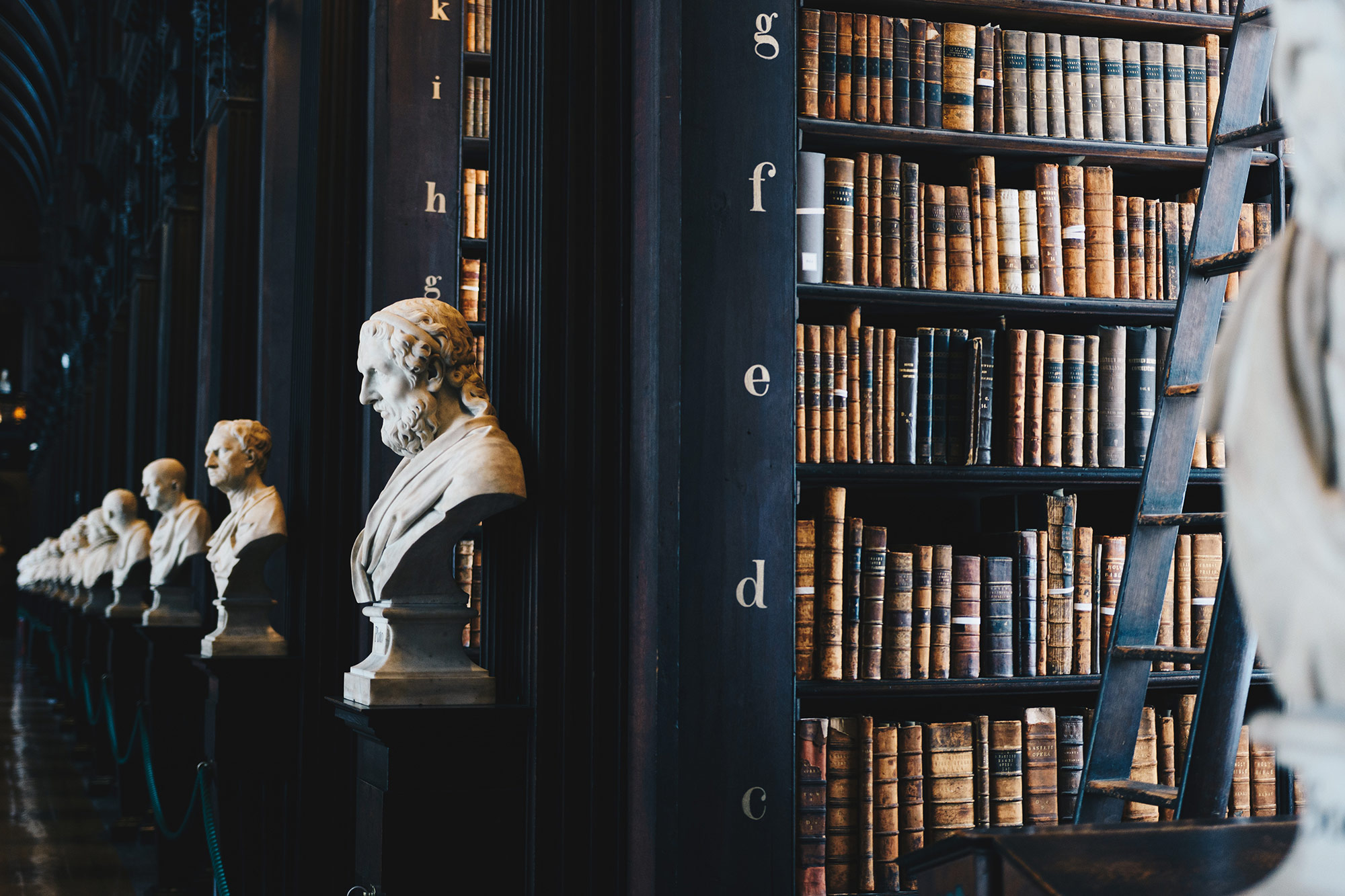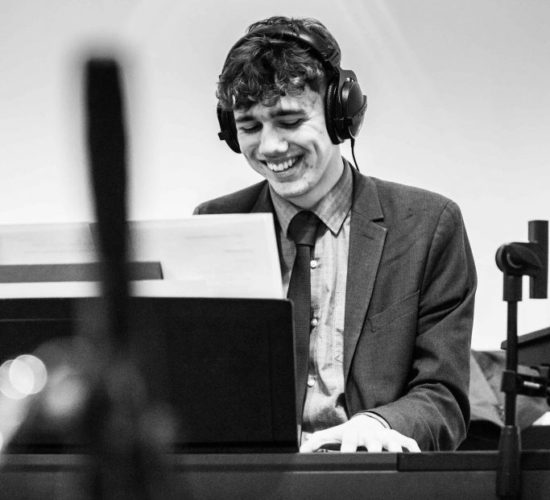
Our daily routines and educational practice are rooted in the twin values of Dignity and Respect.

Music at Waddesdon is a thriving, primarily practical subject that enables students to express themselves through a variety of performing, composing and listening/analytical activities. We believe that music learning is at its best when young people are making music on instruments or using music technology, and when a passion for music is nurtured, reflected and built upon both in the classroom and through an extensive extra-curricular offer.
Mr Ben JudsonSubject Leader for Performing Arts / Music |
Mr Andrew DimondMusic Teacher |
In KS3, students build a foundation in music performance, composition, and listening/analysing through project-based learning. We aim to nurture a passion for music through a predominantly practical approach to lessons.
In KS4, we offer qualifications in both Music and Music Technology.
GCSE Music covers a broad range of musical styles without focusing on set works. OCR’s rich syllabus provides learners with a wealth of musical knowledge, from film music to world music, from popular music ballads to rock anthems, and the concerto as found within western art music. Having such a variety of musical styles to study helps students understand wider musical concepts than perhaps using set works would allow. The listening exam is 40%, with performance and composition elements taking up 30% each. Students are required to compose from a brief for one of their pieces, which is good preparation for work within the industry. The other ‘free’ composition gives students a chance to show off their creativity without constraints. The performance aspect requires learners to perform both solo and as part of an ensemble, testing their individual skill and their ability to work with others.
Music Technology at GCSE level enables learners to develop skills, knowledge and understanding of the music technology industry. We follow the NCFE syllabus, a course that is suitable for learners who are motivated and challenged by learning through hands-on experiences and have a passion for popular music of all styles. The qualification allows learners to gain practical skills in creating music using technology through completing 4 units, which form an evidence portfolio (internally assessed, 50% of the course) covering the following areas:
Setting up and using a Digital Audio Workstation (DAW)
Popular music styles and composition to a specified brief, using audio and MIDI editing tools
Studio recording (planning a recording session, acting as the engineer for the session and mixing the final recordings)
Sound creation for film and computer games
Students are also required to complete 2 synoptic external assessments – Practical (35% – a timed mixing and editing task) and Written (15% – listening skills, knowledge and language).
In KS5, we aim for students to excel as well-rounded musicians who are creative and analytical, professional-standard performers and inspirational composers, seeking to inspire and encourage the wider community.
We follow the BTEC Level 3 Extended Certificate in Music Performance specification. In a world where a musician must show diversity and adaptability, the BTEC course helps students understand the essential skills and knowledge they will need to survive within the industry. This vocational course is an excellent mode of preparation for a future within the music industry. Learners will have the opportunity to grow as performers, musicologists, event planners, composers and producers. In a world where a musician must be a “jack of all trades”, the BTEC course is a challenging, formal, engaging and useful way of helping students understand the essential skills and knowledge they will need to survive within the music industry.
Music
Students are taught the following topics in Years 9 to 11:
Music Technology
Students are taught the following topics in Years 9 to 11:
Students are taught the following topics in Year 12 and 13:
Ensembles:
Performance/Technical Support Opportunities:
Instrumental/Vocal Tuition
Lessons are available in school from XYZ Music Academy and Bucks Music Trust on a comprehensive range of instruments.

Waddesdon Church of England School’s Assessment and Feedback Policy. At Waddesdon our aim is for assessment to be:
